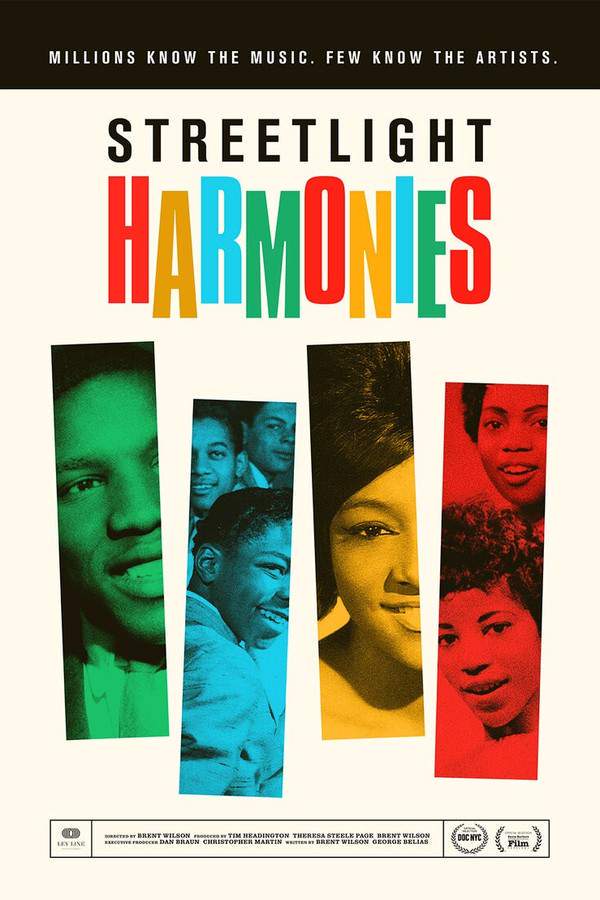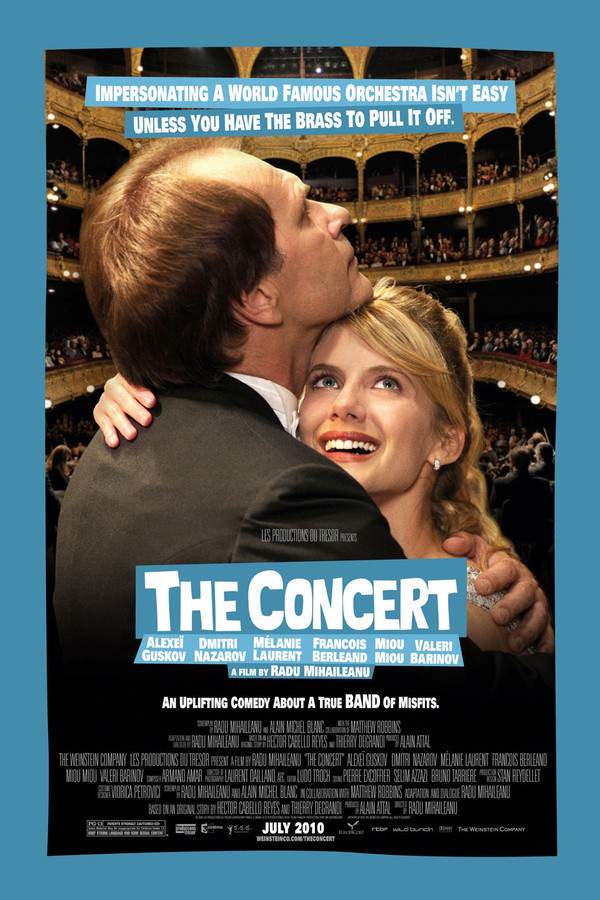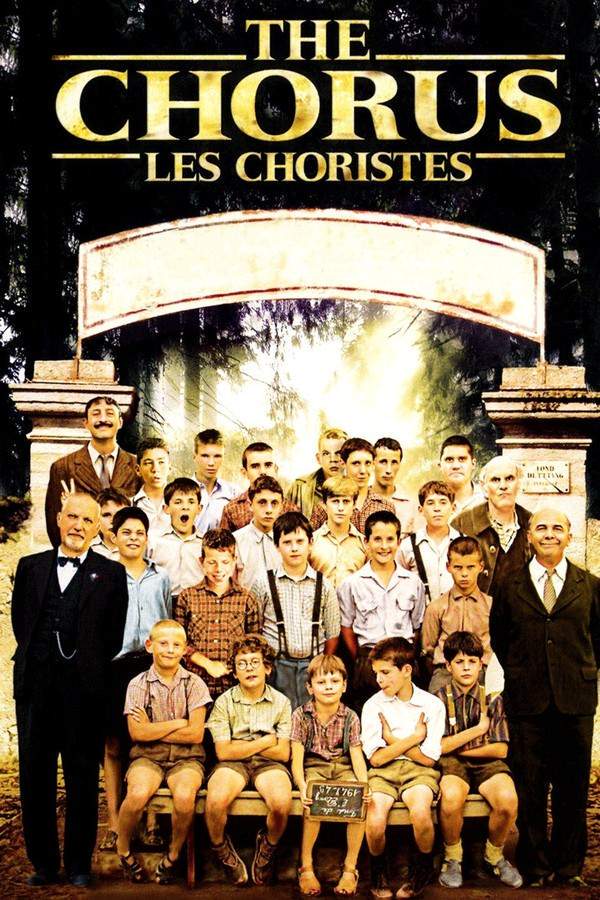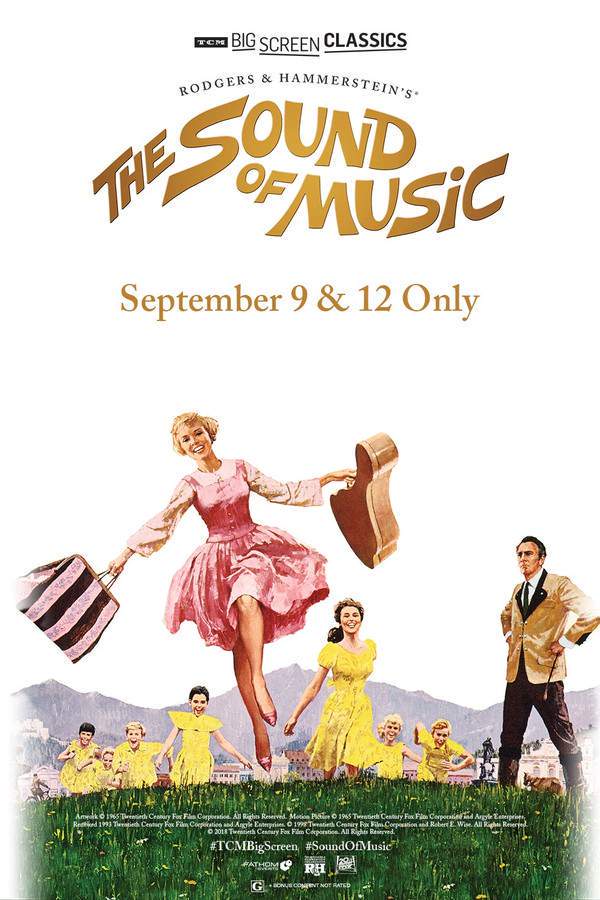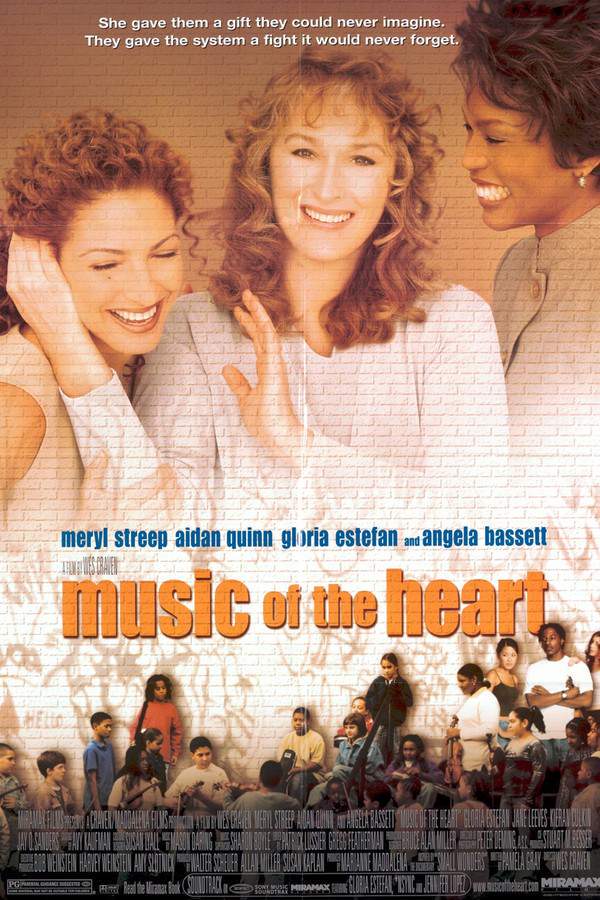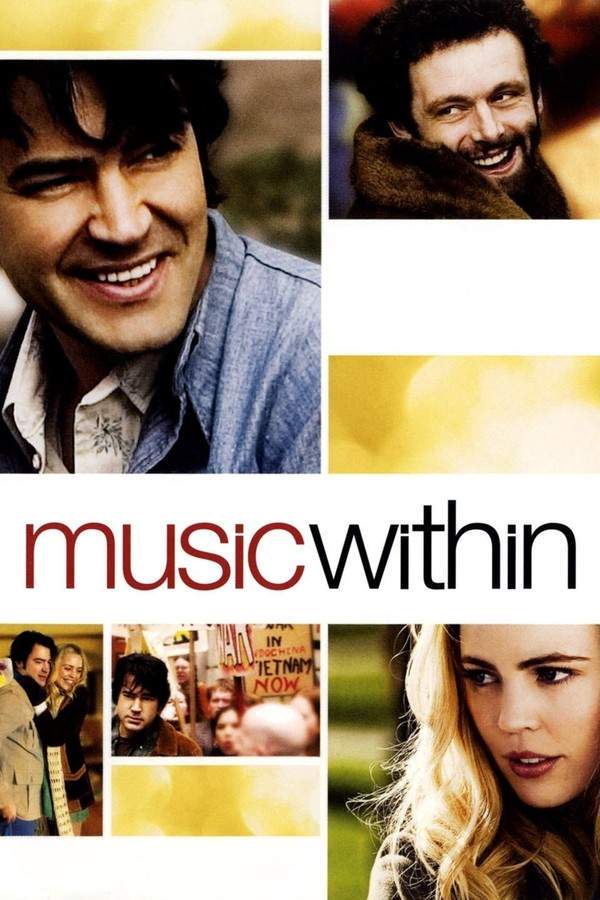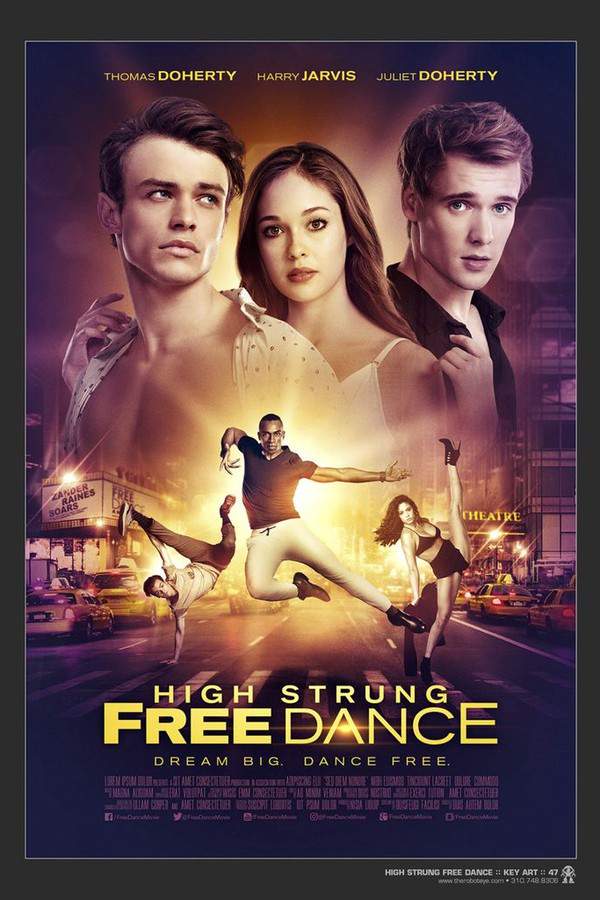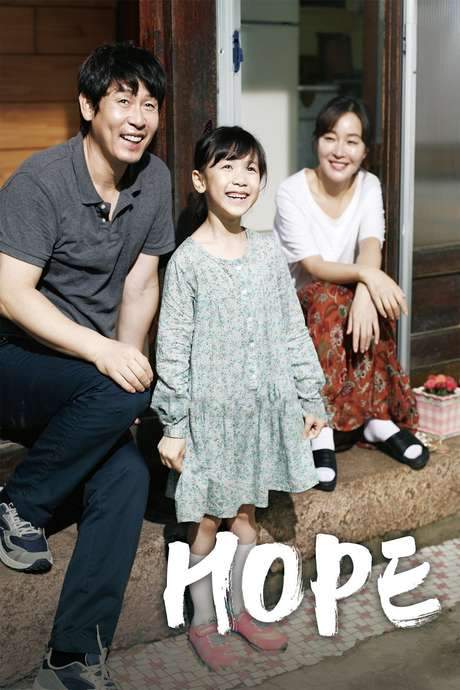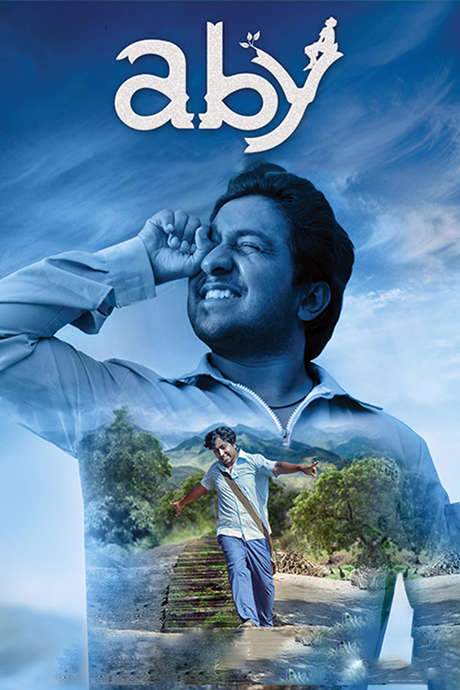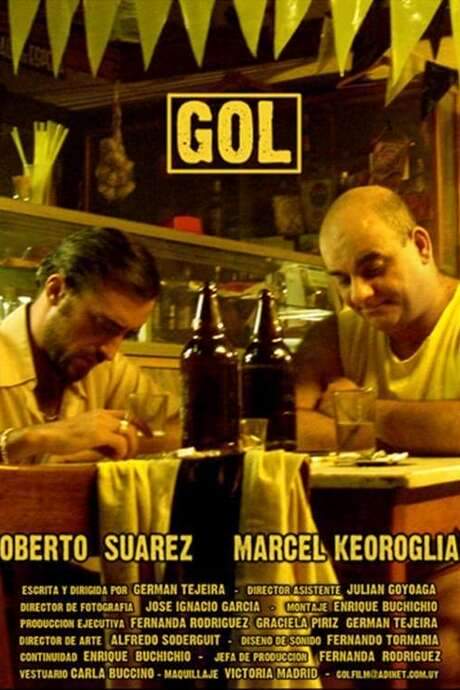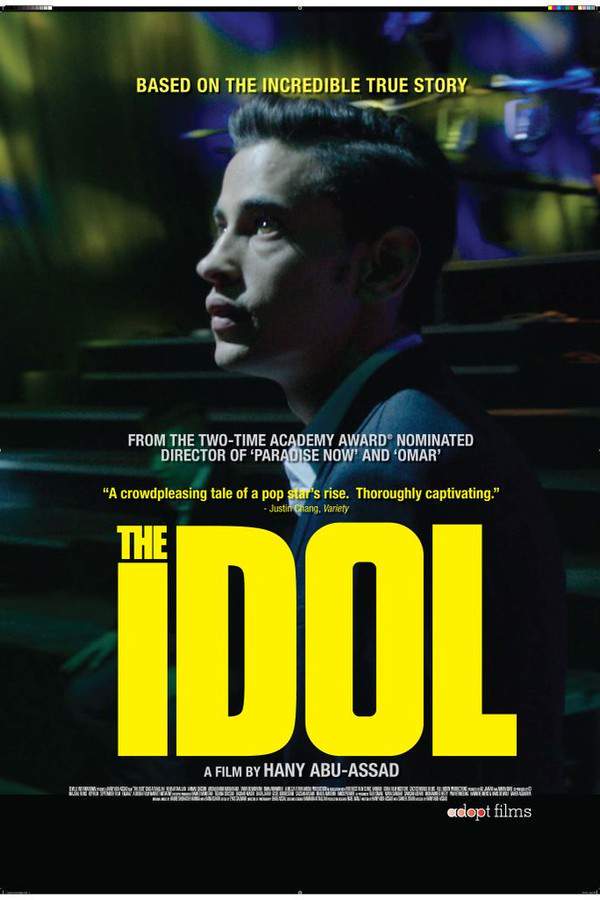
The Idol
Year: 2016
Runtime: 100 min
Language: Arabic
Director: Hany Abu-Assad
Amidst the turmoil of Gaza, two siblings find comfort and connection through music and friendship. Mohammed Assaf and his band passionately play makeshift instruments, driven by the ambition to perform at the renowned Cairo Opera House. As Mohammed pursues his dreams, he faces the hardships of a war-torn environment, discovering that the pursuit of his passion is a struggle worth enduring.
Warning: spoilers below!
Haven’t seen The Idol yet? This summary contains major spoilers. Bookmark the page, watch the movie, and come back for the full breakdown. If you're ready, scroll on and relive the story!
The Idol (2016) – Full Plot Summary & Ending Explained
Read the complete plot breakdown of The Idol (2016), including all key story events, major twists, and the ending explained in detail. Discover what really happened—and what it all means.
The Idol reimagines a remarkable arc from Gaza to global stages, focusing on Mohammed Assaf, a gifted wedding singer who rises from a refugee camp to win Arab Idol in 2013. The film begins in 2005, within the tight-knit world of a young musician and his family. Mohammed forms a band with his tomboy sister Nour and two friends, turning small wedding gigs into a lifeline and a beacon of possibility. The music carries more than melody—it carries hope for a community living under siege and separation, and it begins to carve a path for Mohammed to become more than a local talent.
As Mohammed’s voice dazzles those who hear him, Nour’s health crisis changes the family’s course. Nour collapses during a performance and is diagnosed with kidney failure, forcing a painful choice: ongoing dialysis or a kidney transplant which is far beyond the family’s means. The film follows Mohammed’s resolve to use his singing to fund Nour’s treatment, a driving force that deepens the bond between siblings and tests the family’s finances and faith. Mohammed immerses himself in training, and a new friendship forms during Nour’s dialysis sessions with Amal, a patient who shares Nour’s struggle. The emotional weight is clear: Nour’s illness becomes both catalyst and tragedy, shaping Mohammed’s ambitions while weaving in themes of sacrifice, duty, and the limits of care in a community under pressure.
Years pass, and by 2012 Mohammed returns to the stage, this time under the banner of Palestinian Idol. Yet the reality of Gaza’s restrictions threads through every moment: travel to Ramallah is blocked, and his performance is transmitted by a precarious Skype link from a makeshift studio. The electricity that powers Gaza’s streets and studios flickers, threatening every note and heightening the sense of fragility surrounding Mohammed’s dream. The longing to perform in person collides with logistical barriers, pushing Mohammed toward a moment of doubt. Yet the memory of Amal’s courage, and the steadfast support of his family, rekindle his determination to press on.
The obstacle course shifts when Mohammed decides to audition for Arab Idol, a decision that will test every ounce of his resilience. Crossing into Egypt from Gaza—an ordeal in itself—he faces a near-impossible journey that culminates in a tense encounter at the Rafah Border Crossing. A fake passport lands him in a precarious hood of legitimacy, and a border clerk’s listening ear through a religious song becomes his unlikely ticket to proceed, even as he’s warned about the possibility of never returning. In Cairo, the audition scene becomes a turning point: slots are scarce, but fate smiles when a young singer helps Mohammed secure a slot after hearing him sing from a bathroom stall. The path ahead opens to Beirut, and a new chapter begins as Mohammed earns a place in the main competition.
As Arab Idol unfolds, Mohammed’s presence ignites a surge of Palestinian pride. The film captures how his growing acclaim reframes identity and resilience for a people who watch every performance with hopeful awe. The pressure edges higher with each round, and a panic attack threatens to derail a crucial rehearsal. In a quiet moment of solidarity, a judge offers encouragement, and Amal’s voice—reaching him by phone—reminds him of what is at stake. With renewed resolve, Mohammed finds his rhythm again, delivering performances that blend technical skill with the raw emotion of his journey.
The narrative builds toward a climactic arrival: the show culminates in real-life footage of Mohammed Assaf winning Arab Idol, a moment that the film frames as both a personal triumph and a communal one. The final passages reflect on what comes after the finale, offering a snapshot of life beyond the competition while honoring the improbable ascent from a Gaza band to a continental stage. The Idol, at its core, is a portrait of endurance, family loyalty, and the power of music to transmute hardship into shared hope, a reminder that the human spirit can cross borders even when borders themselves seem unyielding. If you watch closely, the film’s resonance lingers in the ways a single voice can become a beacon for a people’s pride and perseverance.
Last Updated: October 09, 2025 at 16:22
Ending Explained – What Happens at the End of The Idol?
Still wondering what the ending of The Idol (2016) really means? Here’s a spoiler-heavy breakdown of the final scene, major twists, and the deeper themes that shape the film’s conclusion.
The ending of The Idol reveals a deeply unsettling twist: Jocelyn, who initially seemed like a victim manipulated by Tedros, ultimately turns out to be in control of her own story. Throughout the series, she appeared emotionally fragile, haunted by her mother’s death and driven to regain her lost stardom. She had been vulnerable to Tedros’ influence, but in a shocking revelation, it is shown that Jocelyn was fabricating her past trauma to garner sympathy and better fuel her artistic revival. The story comes full circle when, during a crucial concert, Jocelyn calls Tedros on stage and openly declares that he is the love of her life—despite everything, she’s still deeply involved with him. This moment exposes how much she has been orchestrating her persona and her career, even her supposed trauma, to manipulate those around her, including her fans. The reveal about Jocelyn’s deception underscores a larger commentary: she prefers suffering and chaos because it keeps her in the limelight and motivated to create music. The series ends with Jocelyn embracing her newfound control, fully aware of her manipulative tactics, while Leia leaves her, feeling disillusioned and betrayed. Jocelyn’s calculated actions show her as a complex, morally ambiguous character who, perhaps, chooses her destructive behavior to sustain her artistic identity and fame. Ultimately, The Idol leaves viewers pondering the nature of authenticity and the blurred line between victimhood and agency in the modern celebrity landscape.
Last Updated: June 25, 2025 at 08:44
Explore Movie Threads
Discover curated groups of movies connected by mood, themes, and story style. Browse collections built around emotion, atmosphere, and narrative focus to easily find films that match what you feel like watching right now.
Movies about art under oppression like The Idol
Inspiring stories of artists who create beauty in the face of hardship.If you liked The Idol, you'll appreciate these similar stories about artists pursuing their passion against a backdrop of conflict or restriction. Discover movies where creativity becomes an act of resilience and hope.
Narrative Summary
These narratives typically follow a protagonist with a singular artistic goal, facing external obstacles like political strife, poverty, or social barriers. The central conflict is between their creative drive and the harsh realities of their world, culminating in a triumphant validation of their spirit.
Why These Movies?
They are grouped by their shared theme of art as a powerful force for hope and identity. They blend a medium emotional weight with a steady, hopeful pacing, focusing on the uplifting power of perseverance.
Movies about pursuing a dream in a difficult world like The Idol
Heartfelt journeys of ambition set against challenging circumstances.Find more movies like The Idol where characters chase ambitious dreams from within war-torn, impoverished, or restrictive settings. These films balance tense reality with an ultimately hopeful and inspiring tone.
Narrative Summary
The story follows a linear, straightforward path as the protagonist works tirelessly towards a specific, high-stakes goal. The primary antagonist is often their environment—be it geopolitical conflict, poverty, or illness—creating a series of logistical and emotional hurdles that must be overcome.
Why These Movies?
These films share a specific emotional mix: a medium intensity stemming from a harsh setting, balanced by a dominant hopeful tone and a happy, validating conclusion. They are defined by the resilient spirit of their protagonists.
Unlock the Full Story of The Idol
Don't stop at just watching — explore The Idol in full detail. From the complete plot summary and scene-by-scene timeline to character breakdowns, thematic analysis, and a deep dive into the ending — every page helps you truly understand what The Idol is all about. Plus, discover what's next after the movie.
The Idol Timeline
Track the full timeline of The Idol with every major event arranged chronologically. Perfect for decoding non-linear storytelling, flashbacks, or parallel narratives with a clear scene-by-scene breakdown.

Characters, Settings & Themes in The Idol
Discover the characters, locations, and core themes that shape The Idol. Get insights into symbolic elements, setting significance, and deeper narrative meaning — ideal for thematic analysis and movie breakdowns.

The Idol Ending Explained
What really happened at the end of The Idol? This detailed ending explained page breaks down final scenes, hidden clues, and alternate interpretations with expert analysis and viewer theories.

The Idol Spoiler-Free Summary
Get a quick, spoiler-free overview of The Idol that covers the main plot points and key details without revealing any major twists or spoilers. Perfect for those who want to know what to expect before diving in.

More About The Idol
Visit What's After the Movie to explore more about The Idol: box office results, cast and crew info, production details, post-credit scenes, and external links — all in one place for movie fans and researchers.


